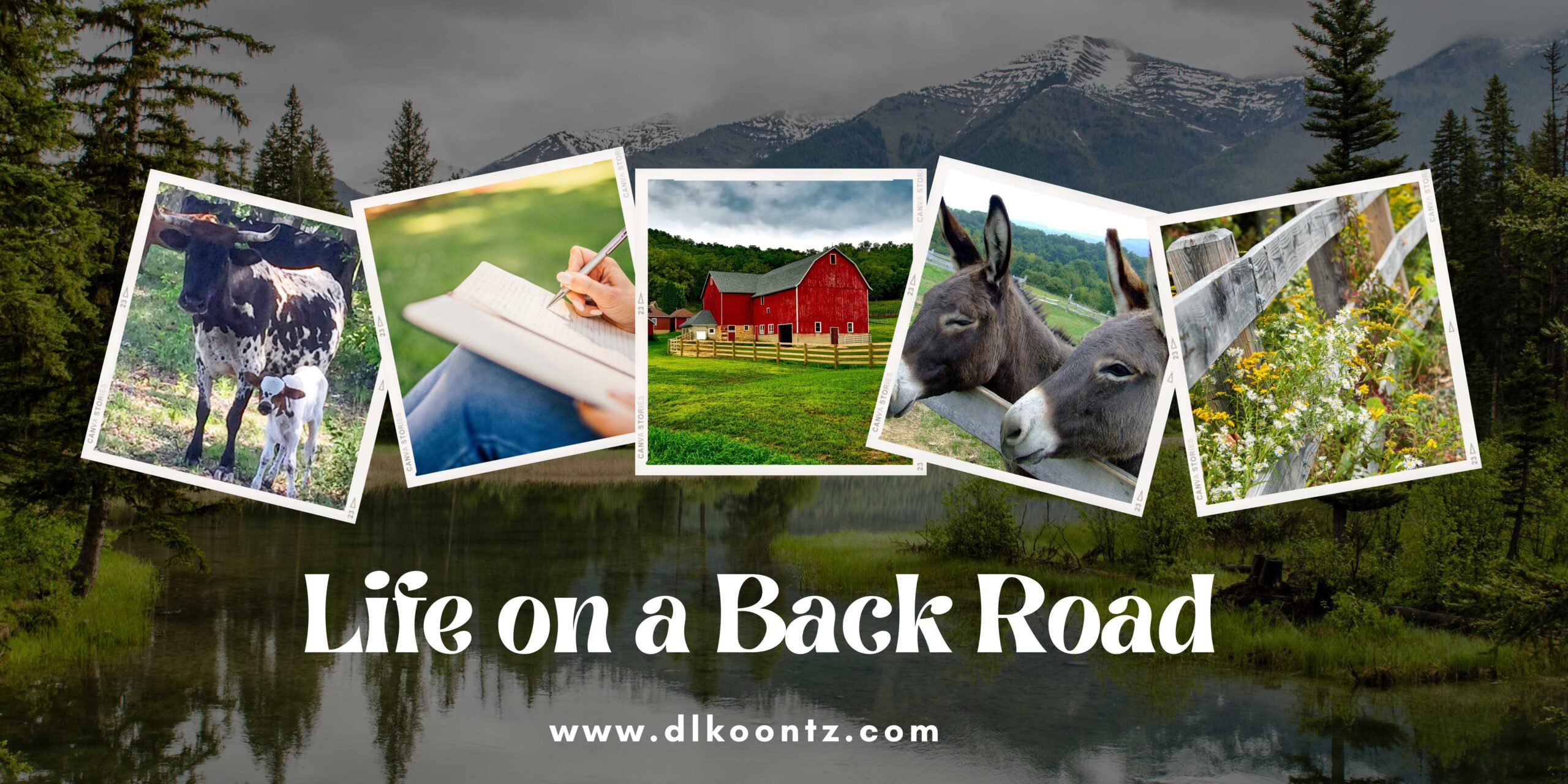I love words. They’re my tools.
I stitch them together in an effort to entertain, enthrall, and inspire readers.
Sometimes I hit the mark; other times, I have to tear out the stitching and start over.
And, with 1,033,322 words in the English language (Global Language Monitor estimates), you would think I’d never run out of tools!
But I do. I think we all do.
For example, if we feel two emotions at one time, it generally requires explaining them both, by way of the word ‘but’, as in: “I feel annoyed by his statement, but satisfied that he…”
Or, we say we have “mixed feelings,” then go on to explain what they are.
But, sometimes “mixed feelings” in our society are viewed as a negative. We are made to believe by well-meaning friends that our thinking is off, that we must choose one of the emotions. To maintain control, we can’t be split! We must have one calm, even disposition, right?
 Fortunately, other cultures seem to disagree with that notion, accepting duality as more normal.
Fortunately, other cultures seem to disagree with that notion, accepting duality as more normal.
In Korea han is the state of feeling sad and hopeful at the same time.
When someone we love dies, we feel extreme sorrow and loss, but we also feel happy that they’re in heaven and grateful to know we will see them again one day. That requires a lot of words to express, delivered at a time of mourning when we (often) least want to talk. If we could say, “I feel han” about all this, then folks would understand.
In fact, any time a door closes (new job, child leaves for college or gets married, a parent dies, you retire, etc.), another one opens, so it would be nice to have one word that summarized it all, wouldn’t it?
According to an article in The Atlantic (December 2015, “How Language Influences Emotion”), Finland, Denmark and Norway all have words for the unique type of coziness that comes from feeling warm on a cold day, surrounded by loved ones. Granted, those are cold regions, so perhaps they need more climate-related words than we do; however, I understand that feeling. Being able to say it in one word is expeditious. Precise.
Another example: The article says that homesickness in the 18th century was diagnosed as a fatal condition called nostalgia—from nostos, “homecoming,” and algia, pain.” Apparently, with modernity came a different set of values and a second look upon that notion. Today, if we’re homesick, we might think we should grow up, get over it, move on, enjoy the change. The article’s writer says the word “homefulness” is a one-word way to describe that feeling of enjoying both the relief of belonging and the sad melancholy about being home. I understand that so well, and it’s why my heart both aches and rejoices when I return to my birthplace. Homefulness.
Then there’s the German word, schadenfreude – deriving pleasure at someone else’s pain. I don’t like what the word implies, but I like the way it rolls off the tongue, and the fact that a word has been assigned to these dichotomous emotions.
What about you? Do you ever experience one emotion that seems to take two trains of thought to describe fully?




 Historical intrigue interwoven with modern-day suspense and a touch of the mysterious.
Historical intrigue interwoven with modern-day suspense and a touch of the mysterious. Contemporary romantic suspense.
Contemporary romantic suspense.


0 Comments